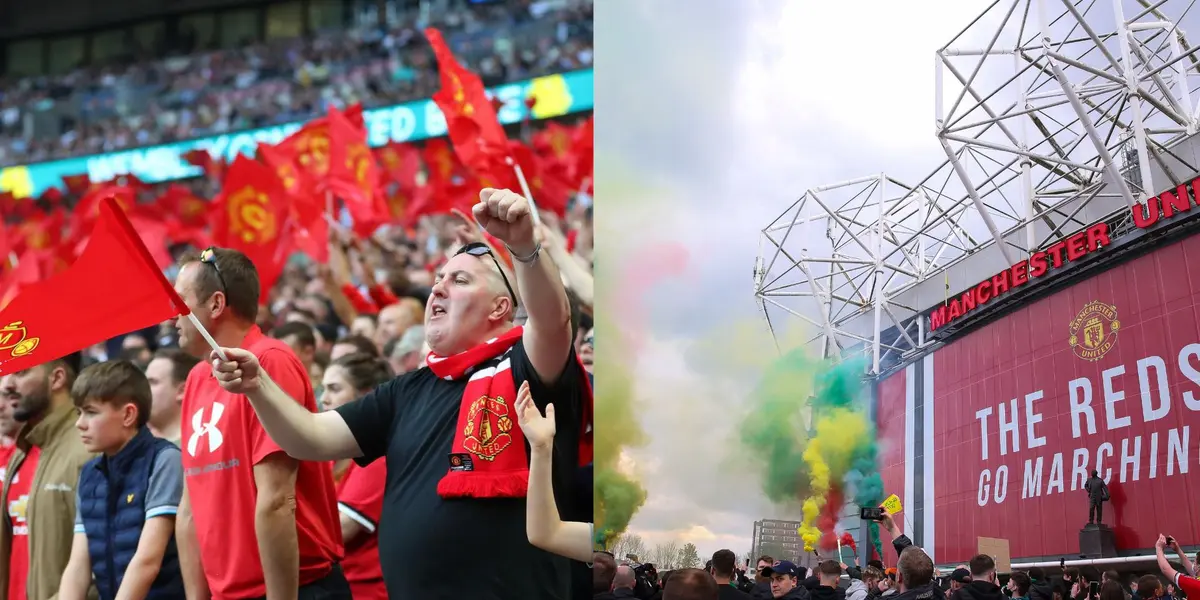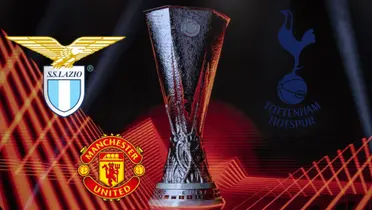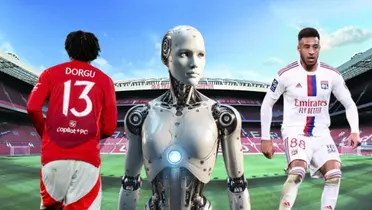How do fans really influence key decisions in a modern football club?
The pulse of the stands: The decisive influence of fans in modern football

In the complex fabric of modern football, the fan emerges as an actor whose relevance transcends the mere act of cheering from the stands. Their presence, once relegated to the background, now resonates strongly in the decisions that shape the destiny of clubs. The digital age has amplified their voice, turning it into an echo that club boards cannot ignore.
We, as witnesses and chroniclers of this sport, have seen how the passion and commitment of fans translate into concrete actions, from social media campaigns to active participation in assemblies and investment projects. This influence, far from being a passing phenomenon, is consolidating as a fundamental pillar in the management of clubs.
Members and fan clubs: Organization as the axis of influence
The organization of fans through members and fan clubs provides a solid structure to channel their voice. These entities, with a long tradition in football, represent a space where passion turns into concrete proposals. The mobilization capacity and representativeness of these groups give them significant weight in club decisions.
We have observed how member assemblies and meetings have transformed into debate forums where crucial issues such as transfer policies, economic management, and sports projects are discussed. Active participation in these spaces allows fans to directly influence decision-making, exercising an influence that goes beyond simple support from the stands.
The power of social media: Hashtags and trends that shape the course
Social media has revolutionized the way fans communicate and organize. Hashtags and trends have become powerful tools to express opinions, exert pressure, and mobilize the community. The ability to generate viral and far-reaching campaigns has proven to be a determining factor in club decision-making.
We have witnessed how pressure exerted through social media has achieved significant changes in controversial decisions. The ability of fans to generate public debate and mobilize public opinion has forced club boards to reconsider their positions.
Finances and merchandising: The consumer as an economic engine
The fan, as a consumer, plays a fundamental role in the club's economy. The sale of tickets, season tickets, and merchandise represents a crucial source of income for the financial sustainability of the entity. Fan purchasing decisions, therefore, have a direct impact on the club's ability to compete and carry out its projects.
We have observed how participatory ownership models and crowdfunding have allowed fans to become investors, acquiring a direct stake in the club. This new form of relationship between fan and club strengthens the emotional bond and increases the responsibility of the board in decision-making.
The stadium as a stage for expression: Chants, banners, and protests
The stadium, as a stage for football passion, becomes a space where fans express their support, but also their discontent. Chants, banners, and protests represent a form of direct communication with the team and the board. Pressure exerted from the stands can influence team morale and board decisions.
We have witnessed how peaceful and organized protests have achieved significant changes in controversial decisions. The ability of fans to express their discontent constructively and propose alternatives has proven to be a determining factor in club management.
The future of football involves greater fan participation in decision-making. New technologies offer innovative tools to facilitate communication and participation. Online platforms for voting and surveys, as well as mobile applications for direct communication between clubs and fans, represent a step forward in building a more participatory management model.
Fans as the central axis of modern football
In modern football, fans have become an essential actor. Their influence, far from being a passing phenomenon, is consolidating as a fundamental pillar in club management. The capacity for organization, the pressure exerted through social media, and the economic impact as consumers give fans significant power in decision-making.
Fans, through members and fan clubs, exert a direct influence on club management. Social media has become a powerful tool to express opinions and mobilize the community. Fans, as consumers, play a fundamental role in the club's economy. The stadium becomes a stage for expression where fans manifest their support and discontent. The future of football involves greater fan participation in decision-making.
In conclusion, the influence of fans in modern football is undeniable. Their voice, amplified by new technologies and organized through solid structures, has become a determining factor in club decision-making. The ability of fans to mobilize, exert pressure, and influence the club's economy gives them significant power in shaping the future of football.
What you should know about the influence of fans in modern football:
- Fan organization through members and fan clubs gives them significant power in decision-making.
- Social media has become a powerful tool to express opinions and mobilize the community.
- Fans, as consumers, play a fundamental role in the club's economy.
- The stadium becomes a stage for expression where fans manifest their support and discontent.
- The future of football involves greater fan participation in decision-making, with the use of new technologies and participatory management models.
More news

The Numbers Don't Lie: Casemiro's Dominance Returns
31/03/2025

United's Dream Pairing: The Duo Fans Are Eager to See
31/03/2025

Hojlund's Fate: Will He Stay or Leave Man United?
31/03/2025

Højlund's Plummeting Value: A Cause for Concern at Man United
31/03/2025

Giggs' Misjudgement: Depay's Free-Kick Hopes Fall Flat
31/03/2025

Man United's Summer Clearout: Players on the Chopping Block
31/03/2025

Financial Divide: Man United's Value Dwarfs Olympique Lyon's Squad Cost
30/03/2025

Onana Exit Rumors Swirl: How the Goalkeeper Is Responding
30/03/2025

Eriksen breaks the silence about the rumors of not renewing
30/03/2025

World-Class Player Available: Romano Reveals Transfer Bombshell
30/03/2025

Ugarte's Premier League Insight: Key Differences From Ligue 1 Revealed
30/03/2025

Garnacho Outshines Salah and Haaland: A Stunning Statistical Triumph
29/03/2025

Ekitike's Staggering Stats: Why Man United Are Keen
29/03/2025

Beyond Legends: The United Player Who Rewrote Investment History
29/03/2025

Manchester's Goalkeeping Giants: Who Reigns Supreme?
29/03/2025

Fernandes' Fortune: Unveiling the Price Tag of United's Captain
29/03/2025

The Manchester United jewel that was rumoured for Barcelona ended up in an exotic league
29/03/2025

Father's Faith Pays Off: 100 Pound Bet on Son's United Debut
29/03/2025







